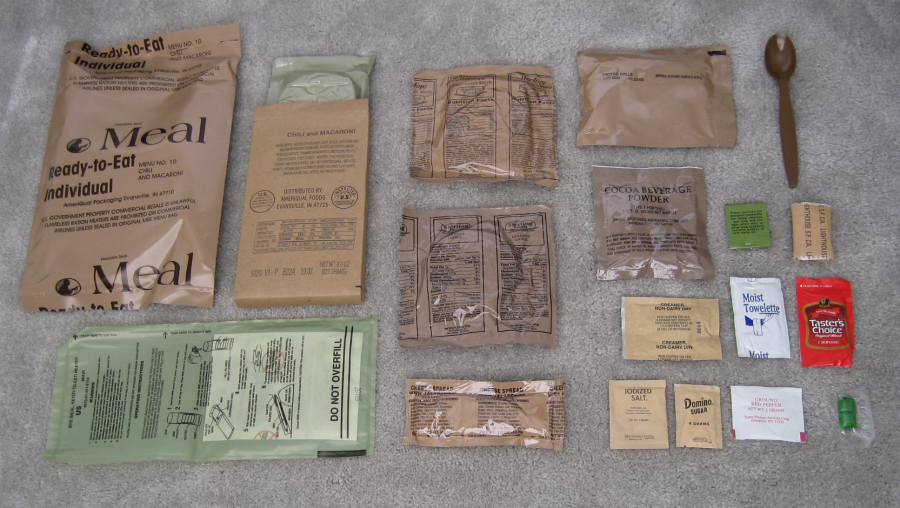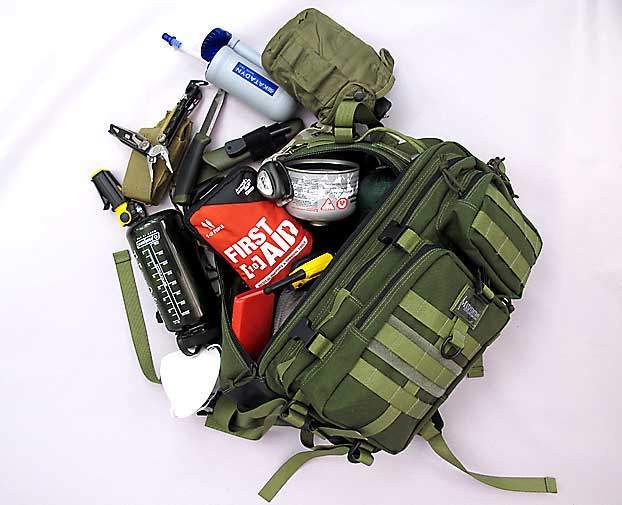Portable heater fuel: Is kerosene better than propane?
12/15/2021 / By Virgilio Marin

It’s important to have a reliable emergency heat source that can operate without electricity in the event of a prolonged power outage. While spare blankets and extra clothing can help keep you warm, no emergency heater works better than kerosene and propane heaters. But which of the two will serve you best in an emergency scenario is a little harder to figure out.
Kerosene vs. Propane
Kerosene and propane have advantages and disadvantages as fuel sources for heating. Take a look at the following guide to help you decide which is better for your home. (h/t to TheSimplePrepper.com)
Fuel availability
Propane is more readily available than kerosene, though the latter is not difficult to acquire too. Propane is sold at virtually every gas station and grocery store, while kerosene is a little less common, especially if you’re looking for large volumes of it for emergency heating.
That said, propane becomes a little less available if you’re on the hunt for large propane tanks like the kind you’ll need to heat your house for several days. You may need to comb through town for a supplier willing to sell you a large propane tank and fill it with hundreds of pounds of fuel. Look up sellers online or call gas stations.
Cost-effectivity
Fuel prices constantly change, so the cost of the two fuels vary on a regular basis. As of December 2021, propane costs $3.71 per gallon while kerosene costs $3.76 per gallon. If you factor in how much heat you’re actually getting per gallon, kerosene is more cost-effective. This energy-dense fuel offers 135,000 British thermal units (BTU) per gallon, compared to only 91,333 BTUs per gallon of propane.
However, as you’ll probably only use tens of gallons of fuel even if you use propane or kerosene heater at full blast for a few days, the cost difference between using propane and kerosene is probably only marginal over the course of an extended power outage.
Long-term fuel storage
Both propane and kerosene can last for decades if stored properly. That’s a huge advantage if you’re using these fuels for emergency heat as it means you can stockpile kerosene or propane and never have to worry about replacing it.
Between the two, kerosene is easier to store, provided it has an airtight container. A 50-gallon drum with a clamp seal, like the one typically found at your local hardware store, is a great option. Just be sure to have some sort of secondary containment to avoid leaks.
Meanwhile, storing propane can be more expensive depending on how much of it you need. If you live in a temperate climate where emergency heating needs are moderate, cheap 20-pound propane tanks – the same kind sold in most gas stations and grocery stores – might be sufficient.
If you live in a cold or remote area where you might need to use a propane heater for days or weeks, large propane tanks are your best options. These tanks are capable of storing several hundred gallons of propane and are designed to withstand any weather. But they’re expensive – a 250-gallon tank costs at least $600.
Generator Fuel
If you already have or are planning to buy a propane-powered generator, then propane will suit you better than kerosene. It makes sense only to have a single fuel type for your emergency heat and electricity.
Both kerosene and propane have pros and cons as emergency heating sources. But whichever you choose to keep you and your family warm, either one will work out fine in the event of a power outage.
Sources include:
Tagged Under: emergency heater, emergency heating, fuel, heater fuel, homesteading, kerosene, off grid, power grid, Power Outage, preparedness, prepper, prepping, Propane, survival, Survival Tips
Get independent news alerts on natural cures, food lab tests, cannabis medicine, science, robotics, drones, privacy and more from NewsTarget.com
Get independent news alerts on natural cures, food lab tests, cannabis medicine, science, robotics, drones, privacy and more from NewsTarget.com
RECENT NEWS & ARTICLES
SHTF.News is a fact-based public education website published by SHTF News Features, LLC.
All content copyright © 2018 by SHTF News Features, LLC.
Contact Us with Tips or Corrections
All trademarks, registered trademarks and servicemarks mentioned on this site are the property of their respective owners.




















